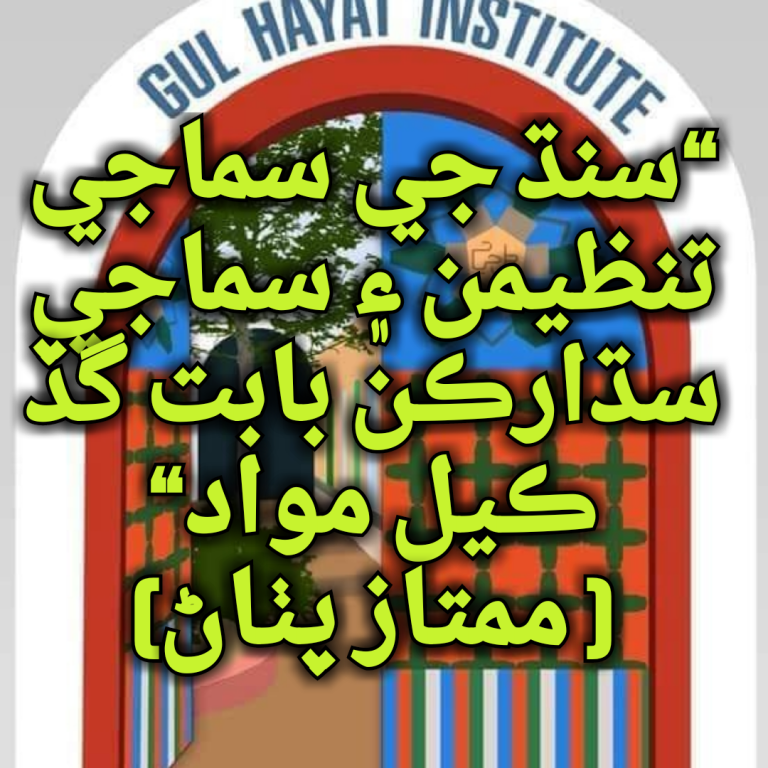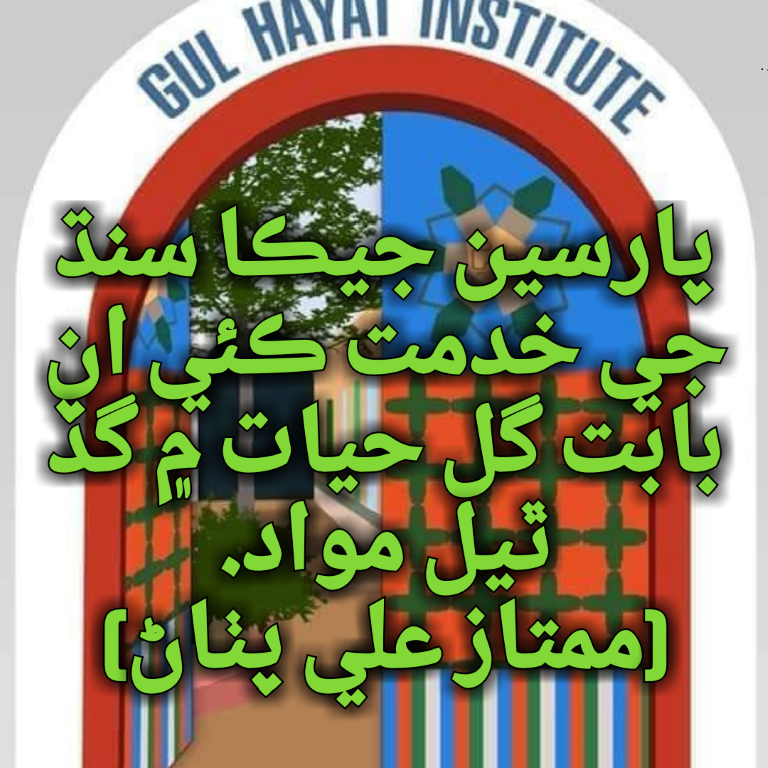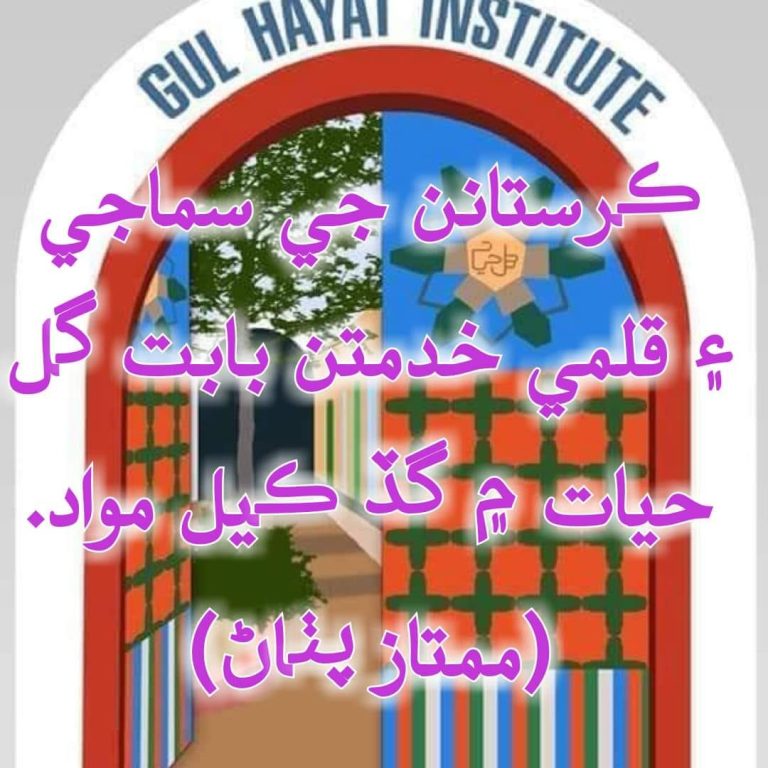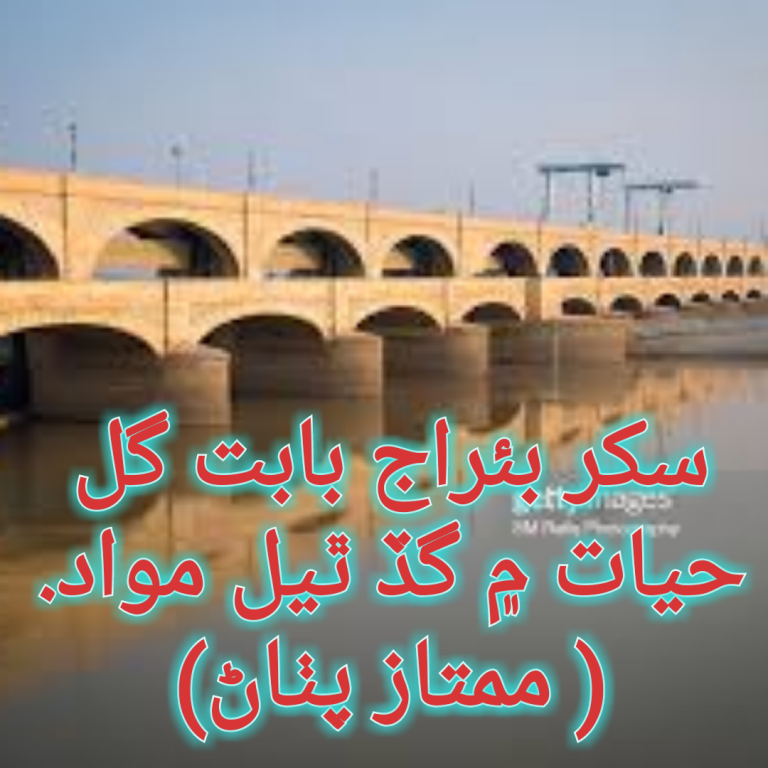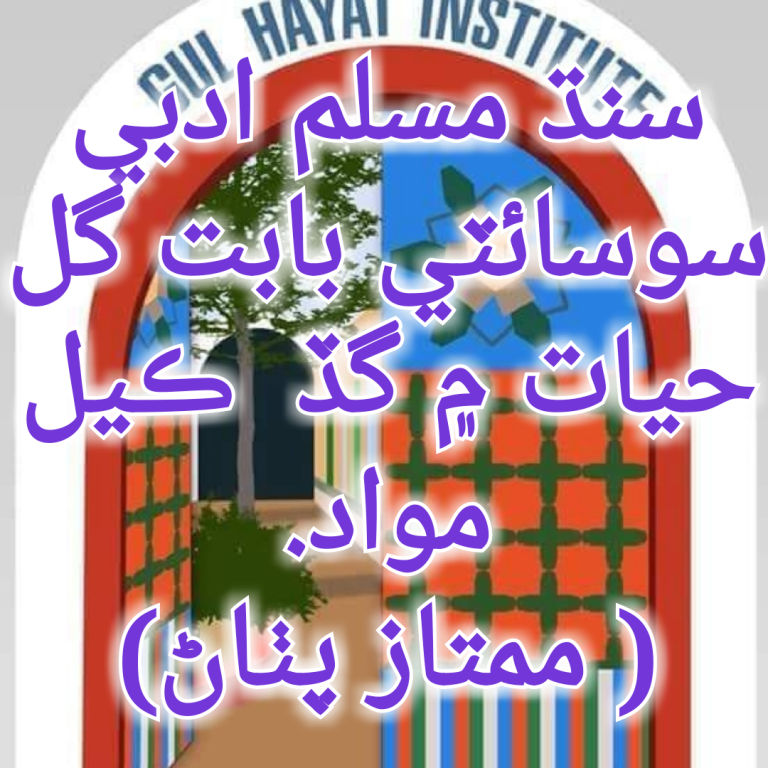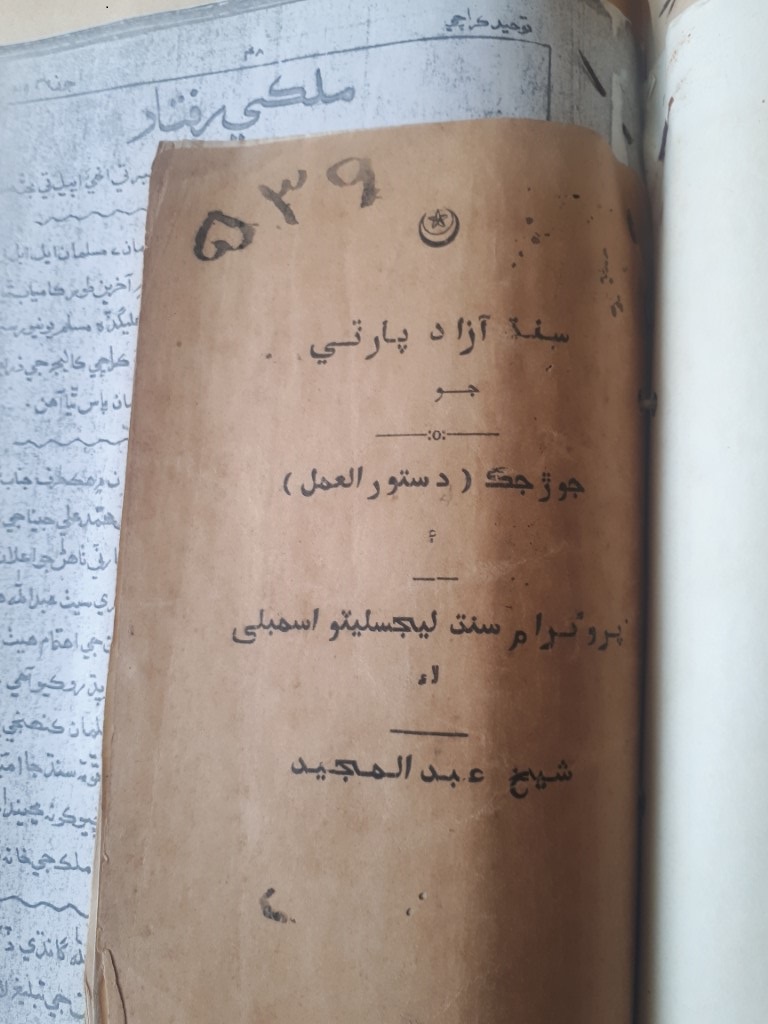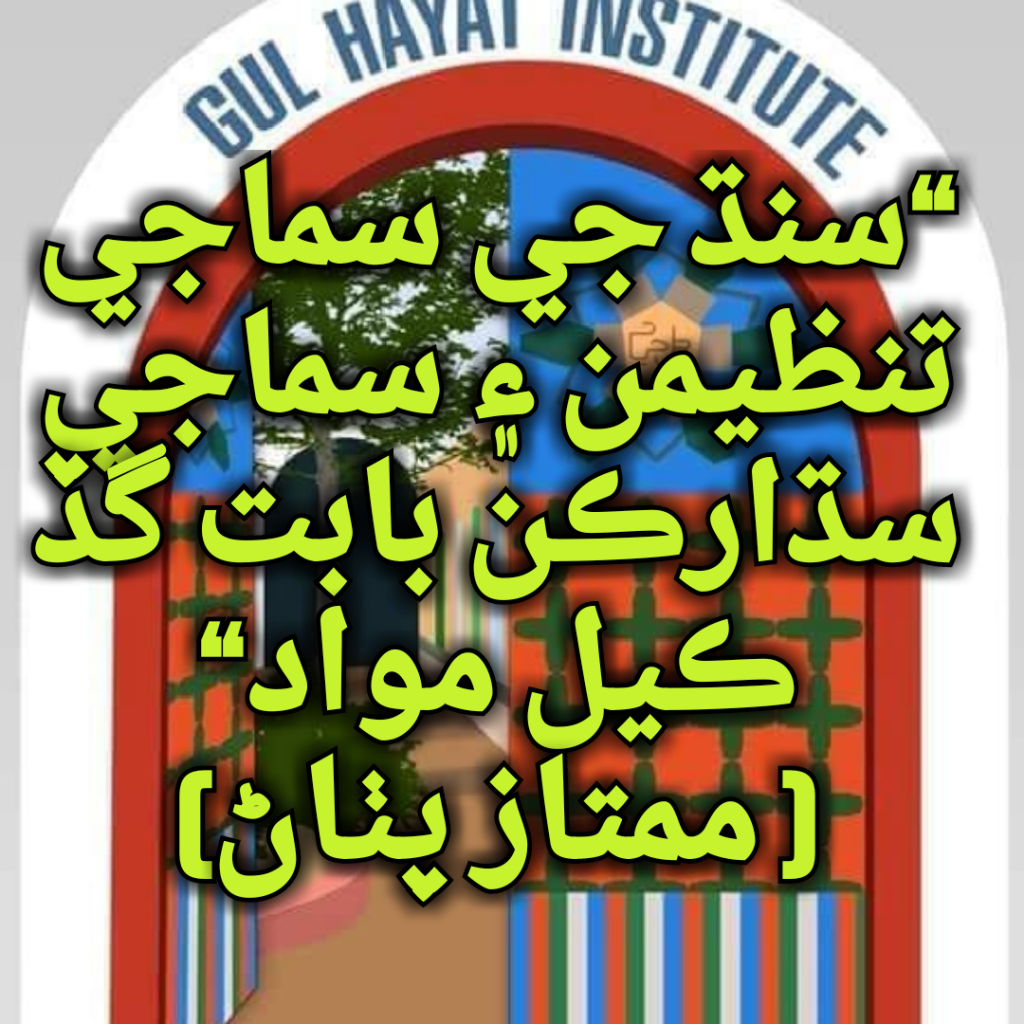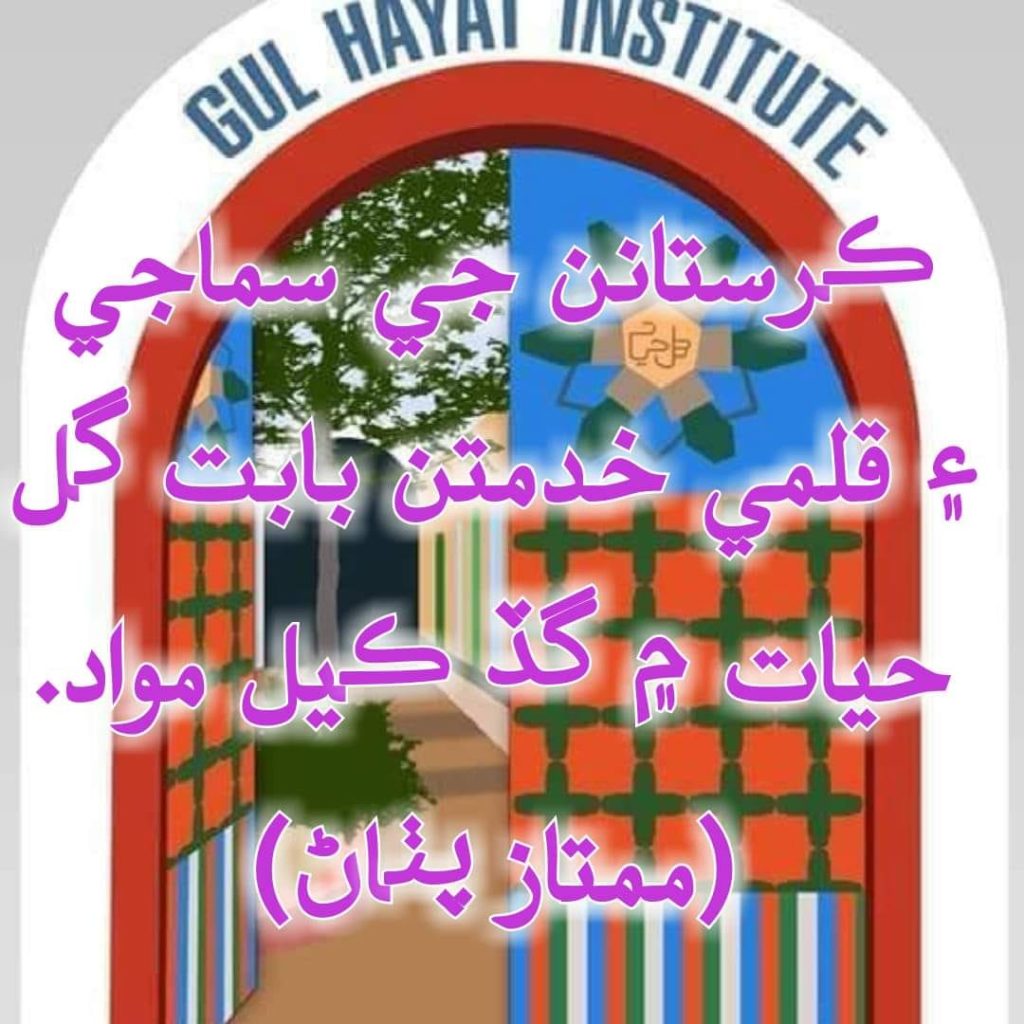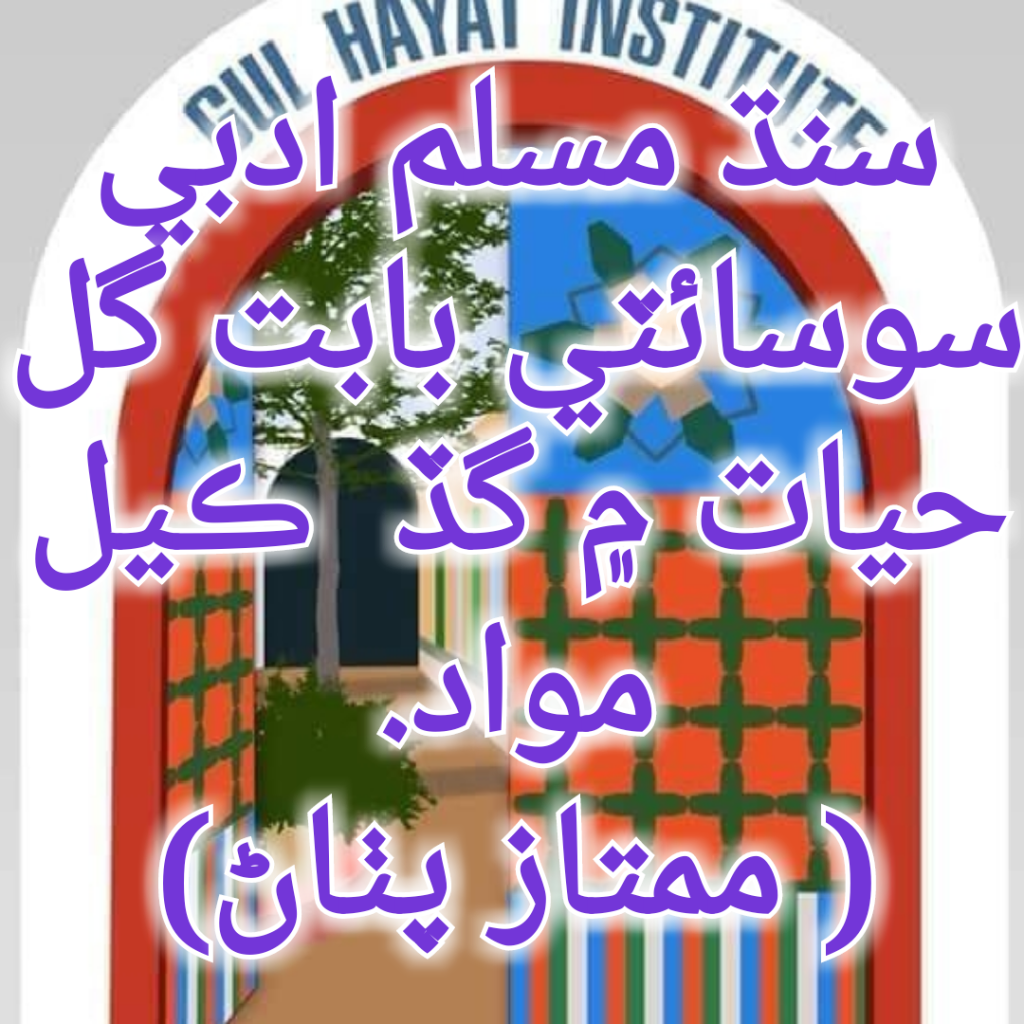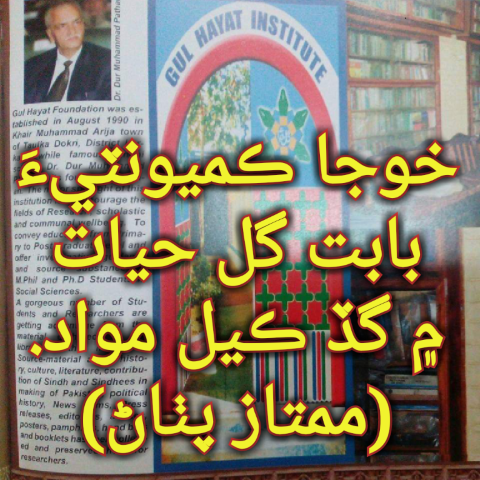JULY BIRTH DATES
1st July
MotiramValecha ‘Zindah’ (Sukkur>Ajmir/1914),Muhammad Khan ‘Moulai’ (Poet/1923), Sufi Ghulam Muhammad ‘Piyasi’ (Aliabad Sukkur/Poet/1931), Dur Muhammad ‘Masroor’ (Poet/1932), HashoShahdadpuri (KhairpurMirs>Ajmir/Artist &Writer/1933), Dr.AbdulKhalq ‘Raz’ (Haji Khan Kalhoro/Poet & Scholar/1934),Arjun ‘Hasid’ (Karachi > Ahmadabad/Poet & Scholar/1934), Ahmad BuxBadvi ‘Masroor’ (Shikarpur/Poet/1939), Abdul Fatah Abro(Journalist/1940), Asandas ‘Khushnasib’ (Jati>Jhonagarah/Poet/1944), Ram Belani ‘Khumar’ (Tharo Shah >Adipur/Poet/1945), QaboolAbro (Shah Quli/Writer/1948), SewalGunani (Pir Jo Goth > Ahmadabad/Actor/1948), Mumtaz Ali Mangrio (Jacobabad/Journalist/1949), Abdul MajeedAbupoto (Talpur Wada/Writer/1966), Haq Nawaz Samo (Artist/1968),Dr.Altaf ‘Aasi’ Chandio (poet/1969), ImdadHussainBukhari (Writer/1970), Niaz ‘Nashad’ Lashari (KaramLashari/Poet/1970),Niaz Ali Lashari (Karam Ali/Journalist/1972), ZamirHussainShaikh (Nasirabad/Journalist/1973), Nahid Nazr Siyal (Writer/1977), KhosoBaho (Journalist & Poet/1987), AslamHaepoto (Poet/1988),
2nd July
Surit Ali Korai (Shah Muhammad/Poet/1910), Ustad Ali Shah Bukhari (JhandoGadahi/Poet/1933), SarlaTahilramani (Sukkur> New Delhi/Writer/1936), Sushela Punjabi (Karachi >Mombai/Actress/1944), SikandarAbbasi (Larkano/Writer/1956), Abdul MajeedOdho (GarhiYaseen/Journalist/1957), Bahadur Khan Talpur (ChhatoMadarani/Writer/1966), Abbas Ali Talpur (ChhatoMadarani/Singer/1972), Saeed ‘Rahi’ Mahesar (Larkano/Poet/1984)
3rd July
TirathBhagwani (Writer/1924), MirzaNadarBaig (Hyderabad/Writer/1929), Gul Muhammad ‘Ashiq’ (Deplo/Poet/1935), AnbShaikh (Bhabhrijiwandh/Poet/1945)
4th July
LutfullahBadvi (Shikarpur/Poet & Scholar/1904), Abdul SattarPirzado (Sukkur/Ex-Chief Minister of Sindh/1907), Zeenat Abdullah Channa (Shikarpur/Founder of ‘Adyoon’ Magazine/1919), GhulamHalai (Poet/1920), MohsanKakrai (Poet/1937), Imam Dino ‘Aasi’ (Poet/1947), ShoukatHussainShoro (Haji Noor Muhammad Shoro/Writer/1947), Ashok Makhijani (Nagpur/Artist/1951),
5th July
Syed Gul Muhammad ‘Gul’(Tando Ali Sher/Poet & Politician/1903), NarainBatheja (Sukkur>Kalyan Camp/Writer/1905), ushilaPuship (Shikarpur> Ulhasnagar/Writer/1923),UstadGulzar Ali Khan (Dehat/Singer/1938),Tariq Ashraf (Hyderabad/Founder of ‘Suhni’ Magazine & writer/1940), Dada Sindhi (Dad Laghari/Writer/1945), FahmidaHussainMemon (Tando Jam/Chair person Sindhi Language Authority/1948),Shuhba ‘Wahid’ (Poet/1951), Dr.NoorAfrozKhowaja (Hyderabad/Scholar/1953), Gul Hassan Kalmati (Gadap/Scholar/1959), MushtaqNizamani (Director RozayDhani Chair/1966),SanwalMirali (KhudaBuxMirali/Writer/1967),Wazir ‘Farhad’ Solangi (Miani/Poet/1967),SherAalamJokhio (Gadap/Journalist/1968), MevoMajroohMenghwar (Kadhan/Journalist/1973),
6th July
BhagatTeeonram (Khando/Singer & Poet/1887),Nizam-u-din ‘Nizam’ Gopang (Ali SherGopang/Poet/1914),RasheedBhatti (Sukkur/Writer, Journalist & political Activist/1933), DholanRahi (Ajmir/Poet, Musician & Artist)1949), Dr. Ghulam Muhammad Lakho (Scholar/1954),Nawaz Bhuitto (Bago Bhutto/Journalist/1959), AzamBhatti (Tando Muhammad/writer.1977)
7th July
Shaikh Abdul Majeed Sindhi (Thatto/Freedom Fighter, ex-Sindh Minster & Journalist/1889),Prof. LalsingAjwani (Khairpur> India/Scholar/1899), LiloJhangyani (Karachi > New Delhi/Singer/1942), Motiram ‘Sail’ (Hatho Nagar > Jaipur/Singer & Poet/1943), MushtaqMemon (Hala/Journalist/1956)
8th July
Ahmad Khan ‘Asif’ Misrani (Mitho Babar/Poet & writer/1922), Abdul KarimSaadi (TandoAllahyar/Journalist/1924), GoverdhanNathani (Sadhuja>Mombai/Poet/1925), Bashir Sitai (Sita Village/Poet/1949), AaqashChandio (Wali Muhammad Gorar/Journalist/1973)
9th July
Khalil Sarhandi (Poet/1916), GirdharMirani (Bubak>Mombai/Singer/1931), IqbalJunijo (GulanWahan/Folklore Poet/1947), NizamuddinBhatti (Sukkur/Journalist/1963), Abdul HaqSario (Dokri/Writer/1964), EssaMemon (Khohara/Writer/1985)
10th July
NavalraiShokiram (Hyderabad/Social Worker/1948), GhulamRasoolKehar (Kehar/Politician/1901), Ram KirshanAdwani (Hyderabad >Mombai/Journalist/1924), Mir Ali Nawaz Talpur (Tando Muhammad Khan/ex-Minister/1924)NanikEsrani (Mian-Jo-Goth >Ajmir/Writer/1926),Jetanand ‘Gul’ (Tando Adam >Ajmir/Poet, Singer v&Muscian/1927), MoulaBux ‘Fida’ (QaimMangan/Poet/1933), Muhammad Nawaz ‘Mahzoon’ (Mehar/Poet/1933), GopeRoopchandani (Rohri>Ulhasnagar/Singer & Stage Director/1933), Dr.Nawaz Ali ‘Shouk’ ((Poet & scholar/1940), Muhammad Ali ‘Khaldi’ (Thatto/Poet/1944), Muhammad Hashim ‘Khadim’ Talpur (Indhlo/Poet/1945), Ahmad Rahi (Poet/1933).
11th July
Parsram ‘Zia’ (Poet/1911),Ali Nawaz Hajan Khan Jatoi (New Jatoi/Scholar/1914),Muhammad Ibrahim Morai (Dalipota/Writer/1915), EsardasSipro (Karachi >Mombai/Singer & Musician/1917),MenhalGopang (Kamber/Poet/1945), Sarwech Sindhi (Poet/1947),BidilMasroor (Shikarpur/Writer & Singer/1947), ManoharManghani (Ahmadabad/Artist/1954), IrshadKaghzi (Shikarpur/Writer/1955),Dr.Khatumal (Mithi/Social worker/1960),
12th July
His Highness Mir Hassan Ali Khan (1852), HadiBuxChanno (WalidadGabar/Folklore Poet/1921), Dr.AbdulHadiSurahio (Larkano/Scholar/1928), Muhammad Khan Siyal (Naudero/Folklore Poet/1936),Ali Hassan Jamali (NabiBuxJamali/Journalist/1938), Leal Bana (Writer/1942), Makhdoom Muhammad Rafiq (Gadeji/Journalist/1945),TabishBukhari (Sher Muhammad Davich/Poet/1965), Naseer Shah ‘Naseer’ (Dabi/Poet/1971), AkhtarBrohi (Faridabad/Writer/1971)
13th July
GanoSamtani (Hyderabad >Mombai/Writer/1934),SarlaKanAhuja (Sukkur> Ulhasnagar/Writer/1937), ShabnamShalwani (Writer/1951), Jam Jamali (ShahbegJamali/English Poet & Social Worker/1959), Hamiz Ali Sohu (Haji Mashori/Writer/1962),IqbalHalipoto (Poet/1977)
14th July
:GobindramBakhro (Writer/1914), Abdullah ‘Asar’ (BeroChandio/Poet/1920), ParmAbechandani (Khairpur> New Delhi/Writer/1926),Syed Madad Ali Shah ‘Manzar’ (Poet/1942), AsgharKhaskhili (Bhirya/Poet/1937), Syed ZafarHussain (Hyderabad/Professor & writer/1937), MahtabMahboob (Karachi/Writer/1945),Ahmad Ali Chandio ‘Sabir’ (Shahdadkot/Poet & Artist/1952),Mir Inayat Ali Talpur (Tando Muhammad Khan/Politician/1952),MuzafarHussain ‘Tayab’ (Hala/Poet/1957), MuhabatiManzoorZardari (Jam Zardari/Poet/1961), Shah Khalid Bukhari (BukhariBerri/Poet/1979), Imam Bux ‘Aajiz’ Jamali (ShahbegJamali/Poet/1984),
15th July
RaisGhulam Muhammad Bhurgri (Dengan/Freedom Fighter/1887),Narayan Shyam (KhaiRahu>India/Poet/1922), Ali Nawaz Soomro (Wagan/Journalist/1934), Fakir HadiBuxAbro (Shikarpur/Journalist/1942), MueshisGilani (Ghotki/Poet, Journalist & Political Activist/1942), AltafAbbasi (Writer/1942), Srichand ‘Jani’ (Sindh > Ahmadabad/Poet & Singer/1945),Saewar Nawaz Bughio (DhaniBux/Poet & Political Activist/1948), BakhshalShahani (Moondar/Poet/1951), Sajan Sindhi (Dokri/Singer & Political Activist/1952), Inam Azad Larik (Panjodero/Poet/1953), AmanRahi (Larkano/Poet/1955),Ashraf ZamanPirchandami (Writer/1962), NisarShaheen (Pathan/Writer& 1963), Zulfiqar ‘Niaz’ Panhwar (ShadiPali/Poet & Journalist/1965),SuhailPirzado (Writer/1971), RazShahani (Johi/Journalist/1976), HameedSoomro (Karachi/Journalist/1977),AbidSehwai (Sehwan/Writer/1978),
16th July
LaxmandasArya( Sahita>Ajmir/AryaSamaji Activist/1909),VeenaWadhvani (Hyderabad >Mombai/Singer/1932), Rahim Bux ‘Roshan’ (Poet/1941),VeenaShrigi (Shahdadkot> New Delhi/Poetess, writer & Radio Announcer/1948), Hafiz Habib Sindhi (Writer/1957)
17th July
NawabGhulamHyderLaghari (Tajpur/Poet/1871), Prof. LalsingAjwani (Khairpur> India/Scholar/1899), TilokTulsyani (Darbelo>Ajmir/Journalist/1910), Jethanand ‘Betab’(Hyderabad > Hyderabad Dakan/Poet/1921),PiralKambar (Poet/1933),Yar Muhammad Jhangi (Dadu/Writer/1936), Sadhu Ram ‘Ajib’ (Sukkur> India/Poet/1936), EishwarBharthi (Tando Adam > Ahmadabad/Writer/1942),
18th July
NanikChawla (Ulhasnagar/Singer/1948), BarkatBaoch (Hussainabad/Poet/1953),
19th July
:ParwatiChavila (Karachi >Mombai/Singer/1932),S.Kumar (Nasirabad>Mombai/Stage Director/1941), SitalHemrajani (Writer/1941),QaziShafiq Ahmad Mahesar (ArifMahesar/Politician/1947),Muhammad ShafiQureshi (Dadu/Journalist/1950), ParwanoSehwani (Sehwan/Poet/1958), Dr.SakhiQabool Muhammad 1V (Daraza/GadiNasheen/1962), NasirMirza (TandoThorho/Poet/1956), Ali Bux ‘Raza’ (Mirzapur/Poet/1960),
20th July
SantdasJhangyani (Hyderabad > New Delhi/Scholar/1926), SaqiHalai (Manjhand/Poet/1932), Hakim Ghulab Khan ‘Mahjoor’ (RasoolBuxBrohi/Poet/1934), HareshChandarJethmilani (Shikarpur> Baroda/Writer/1936), GirdharilalRatnani (Shikarpur> Ulhasnagar/Singer/1939),MuneerGozai (LalBuxRahooja/Writer/1941), Padan Sharma (Mirpur>Mombai/Writer/1942), Dr. SahirImdad (Hyderabad/Scholar & Poetess/1951), RazaqMahar (Mahar/Writer/1954), Anwar Memon (Sukkur/Writer/1956),PahlajJewani (Daharki/Poet/1959), Ramzan Naval (Moro/Writer/1961),
21st July
MianShahal Muhammad (General of Kalhora Government/1593),Abdullah Abbasi (Mohabadero> Karachi/Educationist & Writer/1903),LutfullahBadvi (Shikarpur/Educationist, Scholar & Poet/1904), Dadan Fakir (MiandadChinjni/Saint Poet/1906),KishinchandJetli (Hyderabad >Poono/Poet/1910), MurliMukhi (Hyderabad >Mombai/Writer/1926), RatanJhamnani (Ahmadabad/Artist/1958)
22nd July
Habib-u-ullahPathan ‘Habib’ (Arija/Poet/1929), Narayan Shyam (NausheroFerz/Poet/1922), SaleemChanna (Shikarpur/Writer/1947), Noor-ul-Huda Shah (Hyderabad/Writer & Minister in interim Sindh Government/1957),Muhammad Khan Brohi (Nasirabad/Journalist/1962),NizamSarhandi (Hyderabad/Journalist/1962), GhulamQadirPanhwar (Sinjhoro/Writer/1963), SikandarMemon (Nazar/Poet/1971), AsifBaloch (Khairpur/Poet/1981),
23rd July
: Abdul Aziz ‘Aziz’ Abro (Piyaro Wahan/Poet/1920), Atta Muhammad Sissiqui (Shahdadkot/Journalist/1950), Sanam Najib (Poetess/1968)
24th July
Lekhraj Thakur (Hyderabad/Social worker/1921), Lilaram Dewandas (Thar Shah > Ahmadabad/Journalist/1924), Akhtar Adeeb (Lakhi/Poet/1932), Syed Murad Ali Shah (Politician/1938), Tolaram Raheja (Sukkur > Poono/Writer/1939),Mahboob Qadri (Dhour/Poet/1980)
25th July
Imam Bux ‘Sabir’ jatoi (New Jatoi/Poet & Politician/1881), ‘Shad’ Abbasi (Borrai/Poet/1934), Muhammad SalihKumbhar (Sinjhoro/Journalist/1947), Imtiaz Ali Channo (Valid/Writer/1958), AllahdinoaliesBhejo Fakir (Saeendad/Social Worker & Poet/1959)
26th July
Syed Ali Muhammad Shah Daerai (Saint/1811),Allah Bux ‘Anees’ Ansari (Larkano/Poet & writer/1923), NazirBhund (Bilal Bhand/Writer/1947), AsifZardari (Ex-President of Pakistan/1955), Ali Akbar Sand (Bhit Shah/Writer & Journalist/1958), RiazMemon (Mirpurkhas/Journalist/1963),
27th July
Soofi Syed Hajan Shah Bukhari (Goth Ilyas/Poet/1859), Abdullah ‘Khuwab’ (Poet/1919), Fakir Ahmad Khan Hesbani ‘Tanwer’ (HesabHesbani/Poet/1928), FatanParwani (SoiChanna> Ulhasnagar/Writer/1933), SarlaTahilramani (Sukkur> New Delhi/Writer/1936), Irfan Mehdi (Poet/1966), Dr. SajjadSarwar (PanoAqil/Poet/1982)
28th July
Kazi Ali Akbar Darazi (Rohri/Poet & writer/1895), Laxman Punjabi (TandoAllahyar>Ajmir/Freedom Fighter &Writer/1921), BihariKaramchand (Shikarpur>Mombai/Writer/1934), NirmalJadwani (Karachi >Mombai/Artist/1946), Dr. Jawed Qazi (Shikarpur/Writer/1953), Badar Ansari (Kamber/Poet/1983)
29th July
Hidayat Ali ‘Najfi’ (Lalurank/Poet/1894), Rani Gidwani (Hyderabad >Mombai/Singer/1933), HussainBuxChandio (BaghLabhar/Journalist/1951), ‘Ashiq’ Halai (Poet/1961), LalanChanno (Sobhodero/Poet/1965).
DEATHS: Agha GhulamNabi ‘Soofi’ (Poet /1938)
30th July
MoulviNazirHussain ‘Jalali’ (Larkano/Freedom Fighter/1903), Parsram ‘Zia’ (Tando Adam >Ajmir/Poet/1911),Arbab Noor Muhammad Palijo (Bano/Politician/1915), EshwarChandar (Hyderabad >Ajmir/Fiction writer/1937), Syed Akbar Rashdi (Pir Jo Goth Larkano/Politician/1951), Dr.RaziaKhokhar (Sukkur/Writer/1962)
31st July
Hakim Ghulam Mustafa Soofi (Kandhra/Writer/1949), ZubedahMetlo (Kambar/Poetess/1955)

